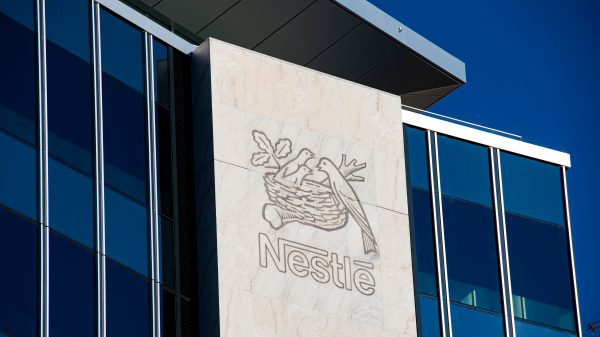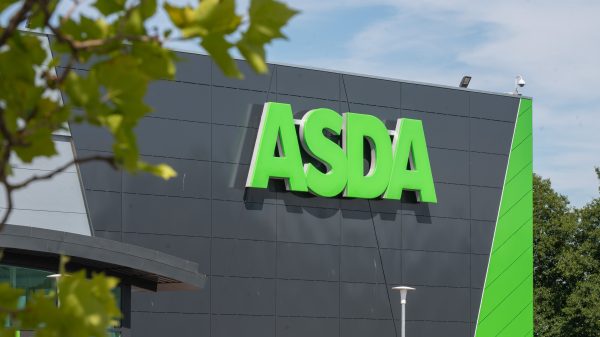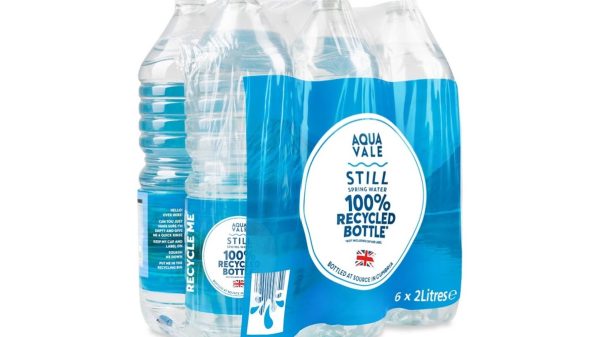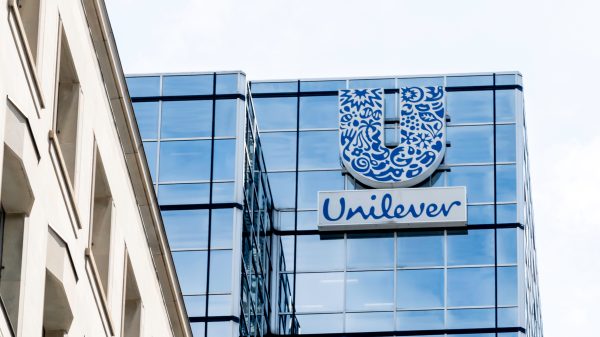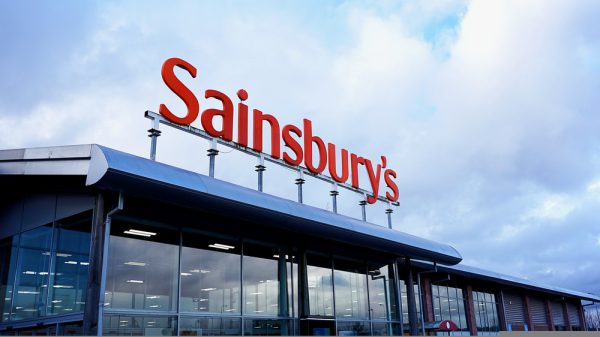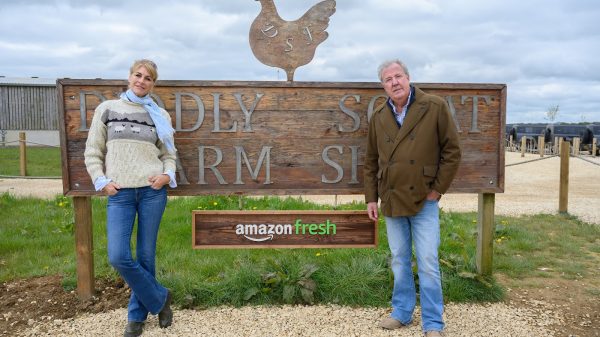When McColl’s finally called in the administrators last Friday it was of little surprise to many. The cards had been on the table for the convenience group for some time, with both profits and shares plunging over the past few months.
Arguably, the retail group had been in difficulties for years, with no clear direction regarding either its pricing or its ranging – and customers frequently registering their dissatisfaction with both.
In the end, Morrisons stepped in to rescue the chain following a nail-biting battle with Asda owner EG Group. Both grocers have been looking to strengthen their business by expanding their convenience store offering – and McColl’s 1,100 store portfolio proved too good to pass up.
It made sense for Morrisons to take on McColl’s – the two retailers already work closely together as Morrisons is the convenience store’s biggest supplier, with 250 McColl’s stores trading under the Morrisons Daily banner.
“I couldn’t believe Morrisons didn’t do it sooner – especially when McColl’s share price was so low,” said retail and shopper consultant Bryan Roberts.
Where McColl’s went wrong
McColl’s eventual collapse came after two years of financial struggle as it attempted to navigate the issue thrown up by soaring costs due to supply chain disruption, inflation and a not insignificant debt burden.
Fundamentally though, the problems went a lot deeper than that, with retail analyst Ian Scott describing the McColl’s retail experience as “unremarkable”.
He pointed out that while the retail group faced a raft of evolving competitors such as forecourts, discounters and ecommerce, the scale of its portfolio simply wasn’t leveraged effectively. He described it as a “missed opportunity”.
“McColl’s should have looked at add-on services to capitalise on its potential to be community hubs,” he said.
GlobalData’s retail analyst Amira Freyer-Elgendy also believed that unsatisfactory customer experience was ultimately the nail in the coffin for McColl’s business.
“McColl’s underinvested estates failed to retain a loyal customer base, as the quality of its shopping environment and online shopping trends worked against the company,” she said, adding that the group had been too late to “capitalise on local shopping trends”.
Conversely, Freyer-Elgendy believes Morrisons is likely to keep pushing fresh produce and on-the-go products, improving the shopping environment and so “entice more shoppers to step in”.
Morrisons was the ‘sensible option’ to save McColl’s
The news that Morrisons would be taking over the McColl’s business has been well-received, for a number of reasons – primarily the grocer’s commitment to honour debts and pensions, as well as save all 16,000 jobs and stores.
Although he registered his “disappointment” that the business was put into administration at all, David Potts, Morrisons’ chief executive described the deal as a “good outcome for McColl’s and all its stakeholders”.
“McColl’s was Morrisons’ most important wholesale client and it was a major creditor,” said Dr Clive Black, director and head of research at Shore Capital.
“From a fact of life perspective, the fact that they’ve taken control smooths over what could have been a considerable problem if another party bought it.”
“The choice of Morrisons appears to be the sensible option for the smoothest ongoing activities for McColl’s,” Scott agreed, pointing out that “future store and staff decisions may take a different direction”; particularly if trading doesn’t improve.
Cracking the convenience market
It might not have worked well for McColl’s, but the convenience format has performed well and shown remarkable resilience since lockdown ended. Driven largely by the strength of Tesco Express and Sainsbury’s Local stores, convenience is now widely considered to have strong growth potential for much of the grocery market.
According to Kantar Wordpanel retail category analyst Conner Maguire, it was ultimately “no surprise” that both Asda and Morrisons were battling over such a key aspect of their missing store repertoire.
Black – who described Morrisons’ previous attempt to crack the convenience market with M Local as “an unmitigated disaster” -believes the takeover mean that Morrisons now has a “platform to grow its convenience business in a very low-cost way”
He described Morrisons Daily as a “really decent proposition”, calling it a “very good platform to expand in convenience”.
Roberts also believes that Morrisons’ new acquisition would “intensify competition” in the convenience market.
“It brings Morrisons into urban neighbourhoods, which means it can benefit from parents on the school run, which is always a lucrative market,” he said.
“Shoppers are prepared to pay more for convenience. It’s a nice avenue for growth.”
What’s the next step for Morrisons?
McColl’s had announced its plan to convert 450 shops into branches of Morrisons Daily by the end of 2022 at the end of last year. Analysts expect that trajectory to continue, with many predicting that the rest of the store portfolio will be converted sooner rather than later, with some smaller newsagent-style stores being slated to close.
Reconciling more than 1,000 new stores will undoubtedly be a considerable challenge, and Scott points out that change will be necessary to “stave off further financial problems”.
He expects to see some “economies of scale”, such as merging head office and administration activities, while also leveraging Morrisons’ significant buying power and bringing additional strength to the convenience offering.
Roberts is already impressed with the Morrisons Daily offer which he says increases the value credentials of McColl’s, although he expects Morrisons to improve both pricing and range across the board.
“Morrisons will increase the amount of private label in McColl’s stores to make it a place for top-up grocery,” he said.
“People are happy to pay a premium for shopping at a convenience store, however they don’t want to pay insult prices. Morrisons will make pricing a bit more reassuring for shoppers with some promotions.”
In McColl’s April trading update, it was clear that Morrisons Daily stores were outperforming the non-converted stores, with a 20% jump in like-for-like sales growth.
“The Morrisons Daily stores benefitted from Morrisons food-to-go offer with a wide product range at an attractive price point,” said Freyer-Elgendy.
“This on-the-go proposition is going to be introduced across the rest of the business, with a particular focus on value-for-money, as price hikes become increasingly obvious to shoppers.”
What does this mean for the UK’s convenience sector?
This latest development is just one of several changes seen across the UK’s convenience sector in recent years.
The evolution of the forecourt offer – ironically driven by EG Group – means this is becoming a more popular convenience option for many shoppers, while speedy deliveries offer a competitive alternative to walking to the local corner store.
At the same time, the large supermarkets are scrabbling to deal with the growth of Aldi and Lidl while value high street retailers like Home Bargains are shifting to offer more convenience solutions.
According to Freyer-Elgendy, convenience formats are likely to “face an uphill battle” in the era of inflation, stagnant wages and rising cost of living.
She expects convenience stores to have to prove their worth in the upcoming months, “as many shoppers are going to be more willing to walk a little further to save some pennies”.
Black pointed out that “Tesco and Sainsbury’s have well-established convenience stories and McColl’s gives Morrisons a really strong platform.”
While Tesco Express remains the nation’s largest convenience retailer, the fight for second-favourite is ongoing. Morrisons will be hoping that its latest acquisition is enough to help it secure that spot.
Click here to sign up to Grocery Gazette’s free daily email newsletter




